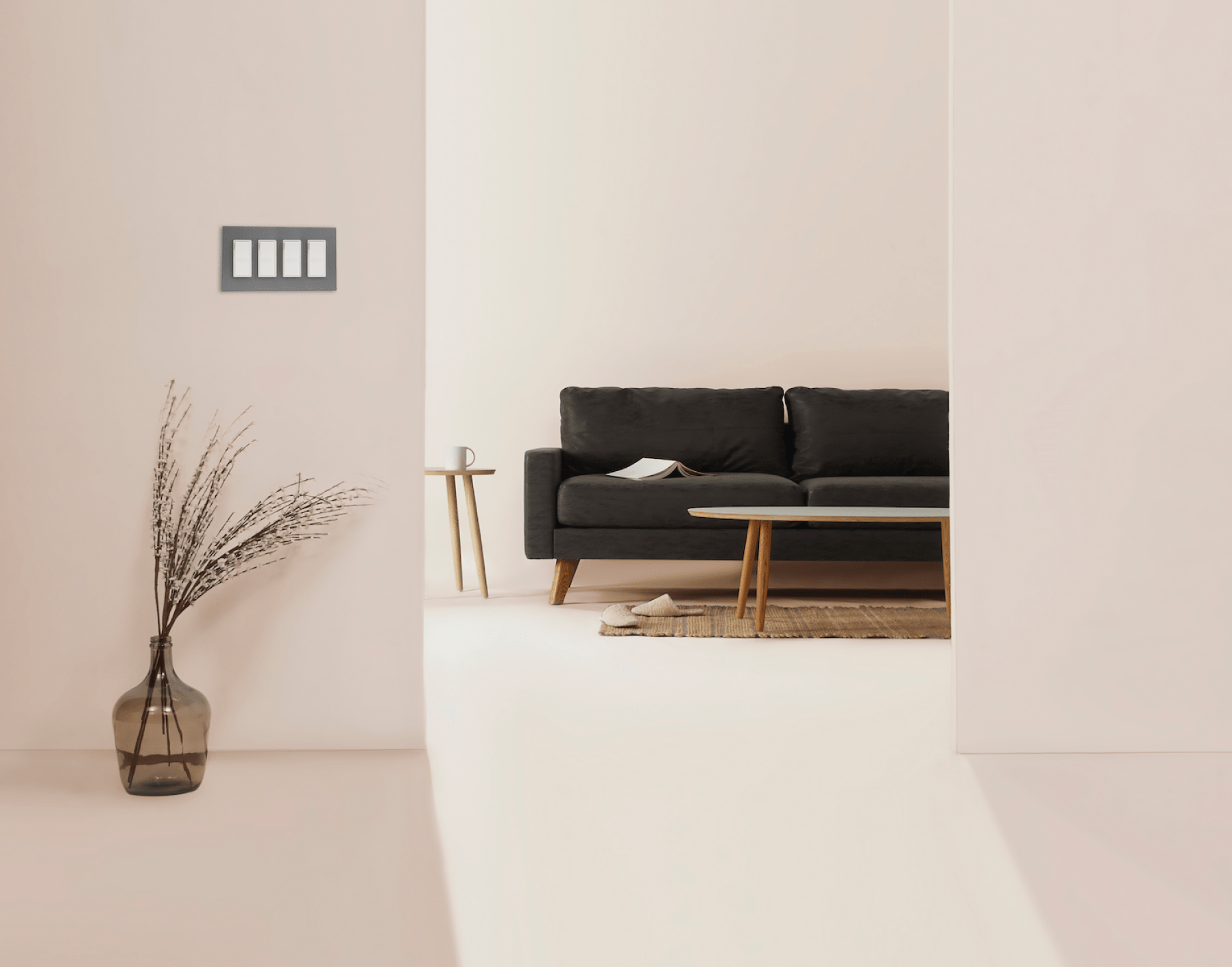"Not everything that can be counted counts, and not everything that counts can be counted."
— Often attributed to Albert Einstein
It’s a perfect reminder that sleep, health, and well-being aren’t spreadsheets—they’re lived experiences.
Are Sleep Trackers Helping Us Sleep Better—or Just Making Us Obsessed?
The dark side of tracking, the myth of "perfect sleep," and what we really need to rest well
Welcome to the age of the quantified self—where every heartbeat, breath, step, and snooze is logged, analyzed, and optimized.
From rings that hum data in your sleep to watches that vibrate with metrics first thing in the morning, sleep tracking wearables have officially made it into our bedrooms.
But is this tech revolution actually improving our sleep, or just fueling a new kind of digital insomnia?
Let’s break it down.
Sleep Trackers Are Everywhere Now—But Who’s Using Them?
Recent national surveys show that about 1 in 5 people now use a wearable device to monitor their sleep.
Unsurprisingly, people dealing with sleep disorders are among the most frequent adopters—likely because they want to take control of something that feels uncontrollable: their ability to rest.
And fair enough. When sleep becomes elusive, any promise of insight or control can feel like a lifeline.
But here’s where it gets tricky.
The Numbers Look Good... Kind Of?
Roughly 45% of wearable users say their device improved their sleep. That’s a decent chunk.
But 4.5% say it made things worse—and behind that small number is a growing concern in sleep medicine: orthosomnia.
Yep, we’ve officially coined a new sleep disorder for people who are obsessed with sleeping “right.”
Orthosomnia is the modern twist on insomnia: anxiety not about work or life, but about your sleep performance itself.
And ironically, this stress—often triggered by a watch or an app—makes it harder to sleep in the first place.
So… Are These Things Even Accurate?
Here’s the raw truth: sleep trackers are hit-or-miss.
Most wrist-worn or app-based trackers rely heavily on movement data—so if you’re lying still but awake, they may log that as sleep.
If you’re reading in bed? Same thing. Stillness ≠ sleep, but many devices still treat it that way.
And when it comes to tracking REM, deep, or light sleep, things get even murkier.
Those stages are defined by brainwaves, not body motion or even heart rate.
So unless your wearable is reading your EEG (brain activity), its guesswork is just that—guesswork.
Heart rate sensors do help, since your pulse changes predictably through the night.
But even those aren’t perfect, and optical sensors (like those used in most watches and rings) can be thrown off by skin tone, temperature, or movement.
In fact, most devices were trained on healthy, young, white males, which means accuracy can drop off for women, older adults, people with darker skin, or those with irregular schedules (like shift workers or new parents).
So if you feel like garbage in the morning but your tracker says “Great Sleep!”—you’re not imagining it.
The Rise of Brain-Based Sleep Tech (AKA, the Good Stuff)
Here’s where things get exciting.
The future of sleep tracking lies in portable EEG devices—headbands and patches that actually measure brainwaves in real time.
That means we can finally peek under the hood, not just guess from the noise outside.
These tools could revolutionize how we diagnose insomnia subtypes, detect sleep apnea, or even personalize sleep treatments based on your unique sleep architecture.
Not everyone’s insomnia is created equal—and not everyone needs the same solution.
So When Are Sleep Trackers Actually Helpful?
It all depends on how you use them.
Research shows that using sleep data to find your ideal bedtime, or to connect sleep quality to things like exercise, alcohol, or caffeine, can actually help improve sleep.
When used for awareness, trackers can empower.
But if you’re checking your stats at midnight, stressing about “not enough deep sleep,” or building your identity around sleep performance scores, you’re walking a dangerous line.
That’s how orthosomnia starts—and it doesn’t end well.
Pro tip: Look at your sleep data in the afternoon, not at night. Use it to guide patterns, not control them. And take breaks from tracking if it starts stressing you out.
TL;DR – What You Actually Need to Know
Sleep trackers aren’t magic. They can be helpful for spotting patterns—but most aren’t accurate enough to rely on for diagnosis or treatment.
-
Don’t chase “perfect sleep.” Your body is not a machine. A “bad” night doesn’t always mean something is wrong.
-
If your tracker is causing stress, ditch it. Your sleep will probably thank you.
-
Feeling rested > data on a screen. Always trust how your body feels over what an app tells you.
-
Curious about the future? Keep an eye on portable EEGs—they might be the real game changers.
Sleep isn’t a math problem to solve. It’s a rhythm to reconnect with. So go ahead—track your steps, your macros, your REM cycles if you want. But when the numbers start running the show, take a breath. Put down the tech. Close your eyes.
And just... sleep.
Related Reads
🔗 Why the Quantified Self Movement is Making Us Anxious
🔗 The Dark Side of Sleep Tech
🔗 What Is Orthosomnia?
Want better sleep without obsessing?
Try a digital detox before bed.
Stop tracking for a week.
Listen to how your body feels.
And if you’re still struggling—talk to a sleep specialist. Not an app.
yours truly,


No comments:
Post a Comment